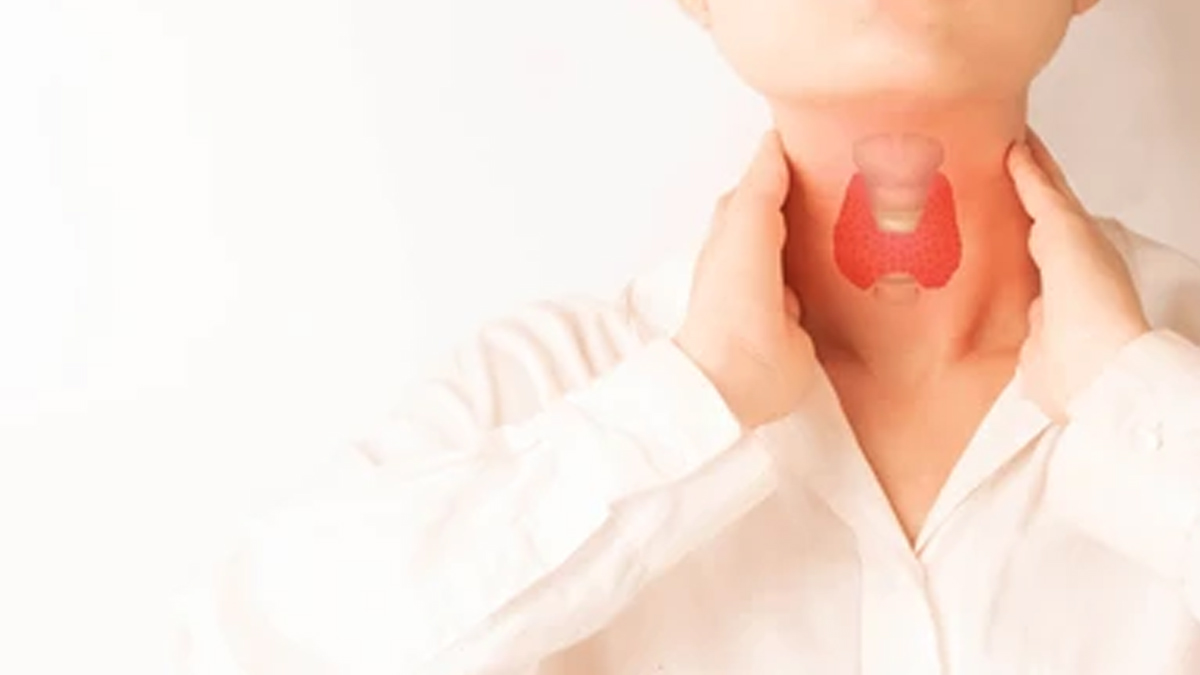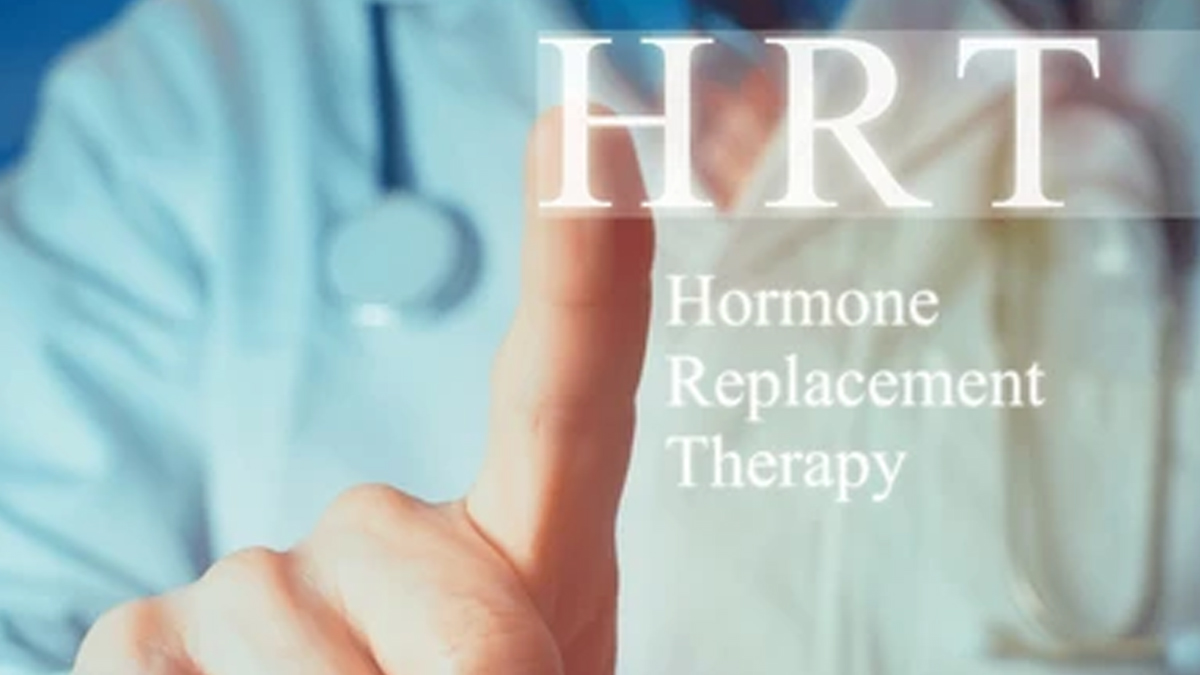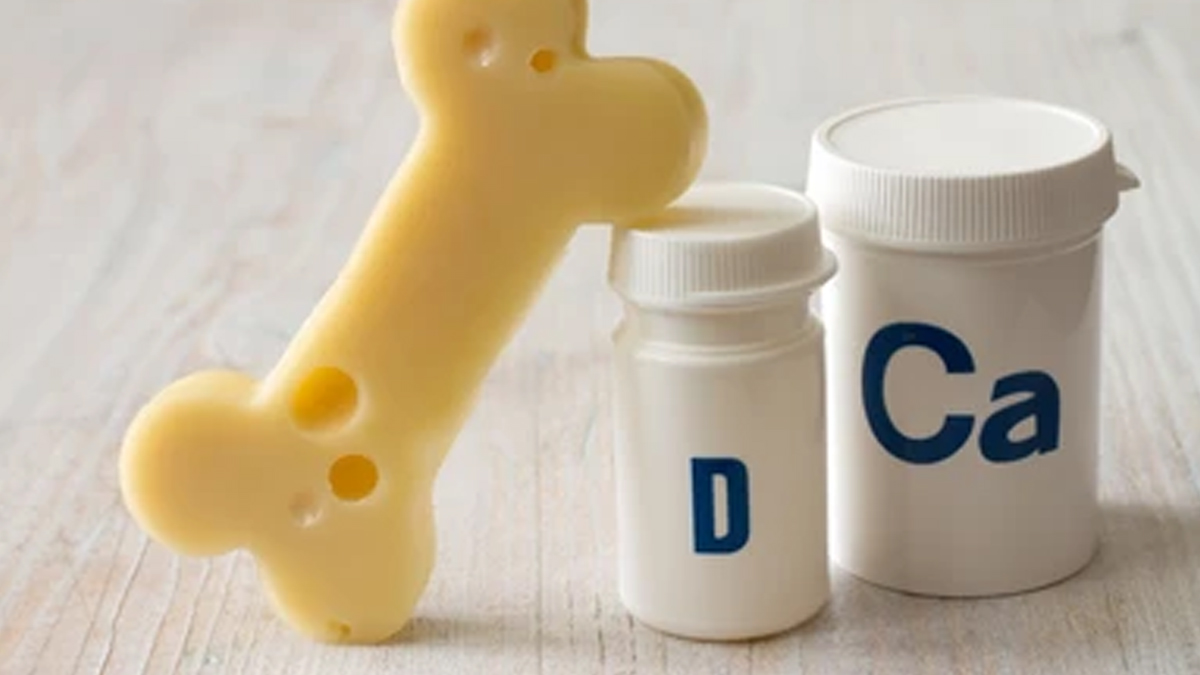Osteoporosis In Women: Could Thyroid Treatment Be to Blame?
Doctor Verified
Thyroid issues can affect bone health, but the real risk isn’t from hypothyroidism itself. It comes from overtreatment with hormone replacement therapy, which can mimic hyperthyroidism and lead to bone loss, especially in older women.

"Hypothyroidism occurs when the thyroid gland doesn’t produce enough thyroid hormones. These hormones are responsible for regulating metabolism, energy levels, and even heart rate. When levels are too low, everything in the body tends to slow down, including bone turnover, the natural process where old bone is broken down and replaced by new bone," explained Dr Tiwari.
At first glance, that might sound like a good thing for bones. After all, a slower breakdown should mean stronger bones, right? And that’s partially true. In fact, untreated hypothyroidism doesn’t directly cause bone loss. A study in the Journal of Clinical Endocrinology and Metabolism found that even slight increases in thyroid hormone levels within the normal range can reduce bone density and raise fracture risk in postmenopausal women.
Top Stories

"The risk isn't so much from hypothyroidism per se but from its treatment, primarily Hormone Replacement Therapy (HRT). Most people with hypothyroidism are prescribed levothyroxine, a synthetic thyroid hormone that helps restore normal hormone levels," added Dr Tiwari. When taken correctly, this medication helps you feel more energetic, stabilises your metabolism, and improves your overall quality of life.
However, problems arise when the dose is too high. This can suppress Thyroid-Stimulating Hormone (TSH) levels, essentially pushing the body into a state that resembles hyperthyroidism, an overactive thyroid condition known to weaken bones by increasing bone turnover and reducing bone density.
Women, particularly those who are postmenopausal, are especially vulnerable. When oestrogen levels drop during menopause, bone loss accelerates. Add overtreatment with thyroid hormones to the mix, and the risk of osteoporosis and fractures goes up significantly.
According to a 2011 study, women over 70 years of age taking high doses of levothyroxine have an increased risk of hip fracture. It was found that hypothyroid patients on long-term levothyroxine had significantly lower T-scores (a measure of bone density) compared to untreated or newly diagnosed patients, indicating higher osteoporosis risk.
If you’ve been diagnosed with hypothyroidism and are undergoing hormone replacement therapy, don’t panic. Here are some expert-recommended tips to take care of your bone health:

- Both are known to speed up bone loss and interfere with hormone balance.
- Adequate sleep, stress management, and a healthy weight can also reduce hypothyroid symptoms and aid in maintaining hormonal balance.
[ This article contains information provided by an expert and is for informational purposes only. Hence, we advise you to consult your professional if you are dealing with any health issue to avoid complications.]













